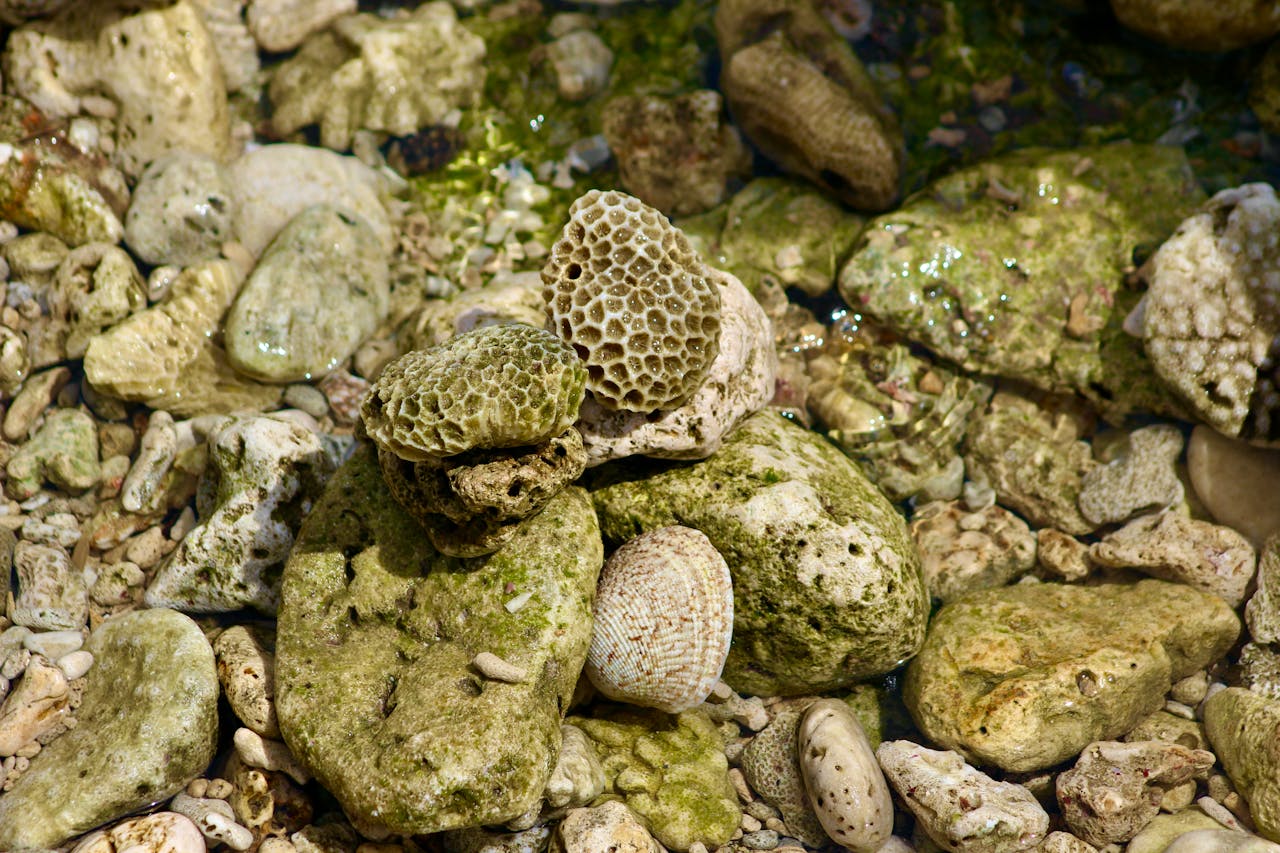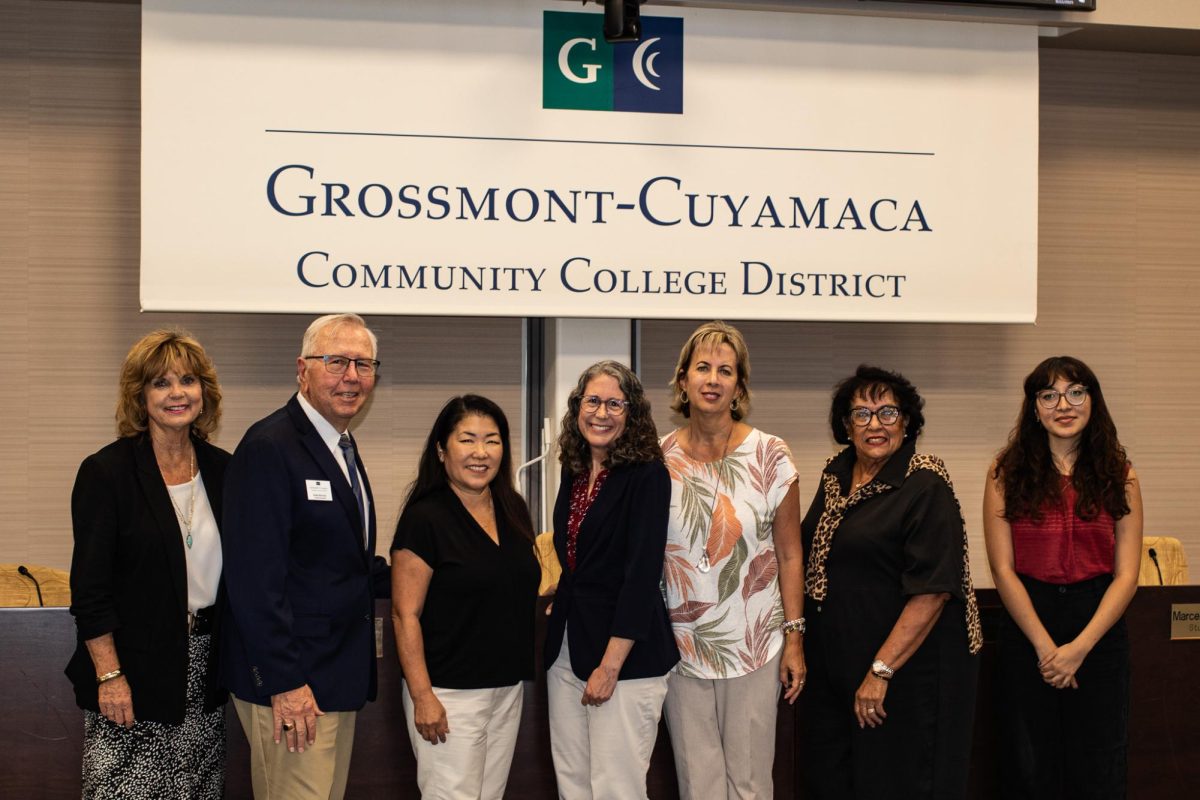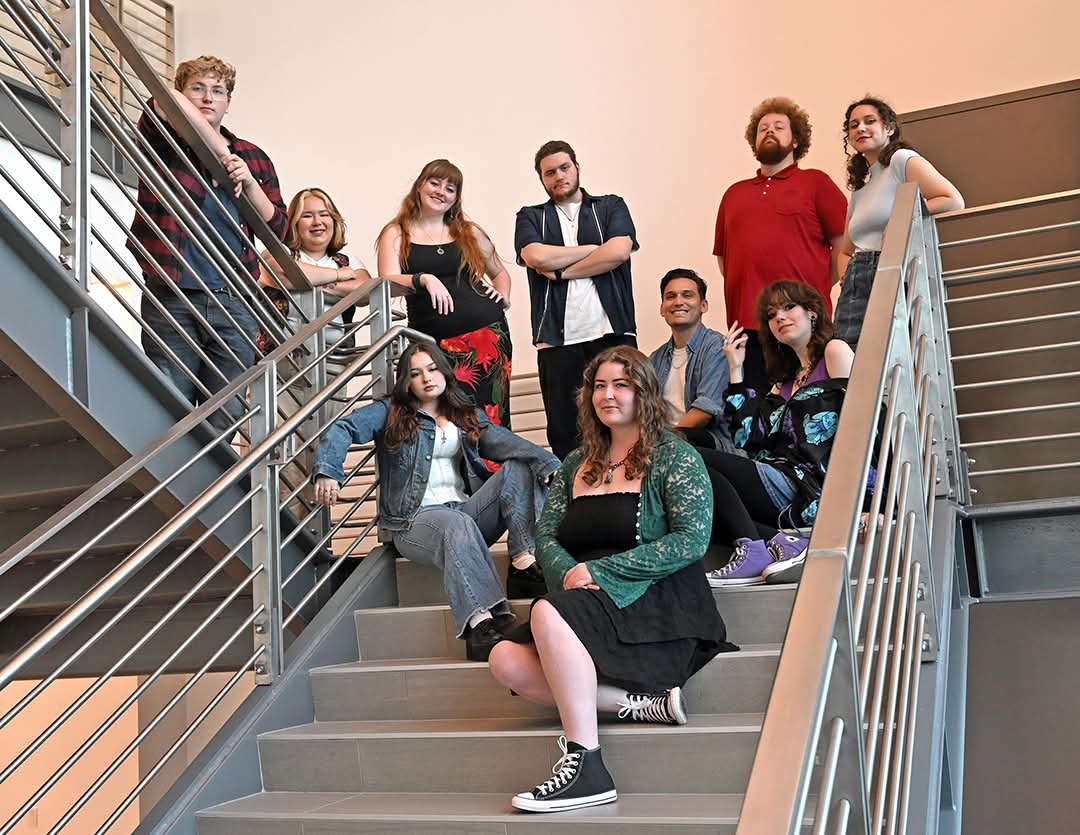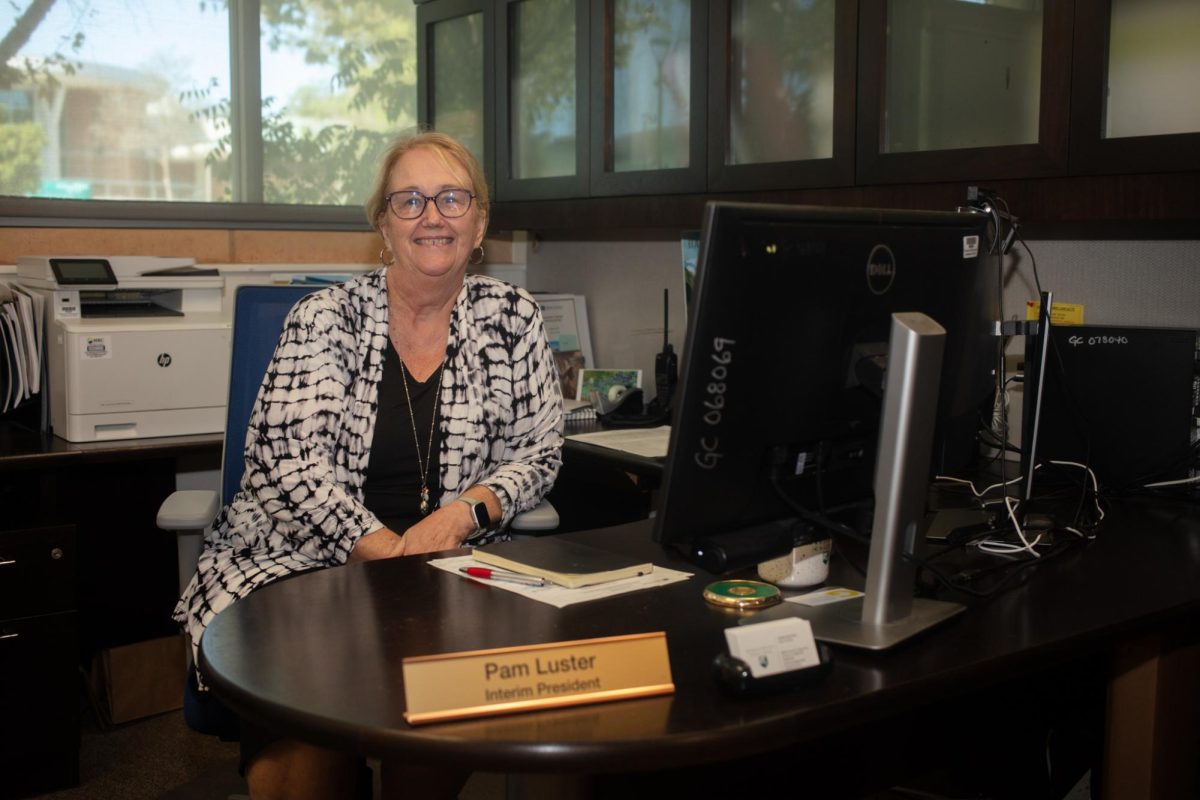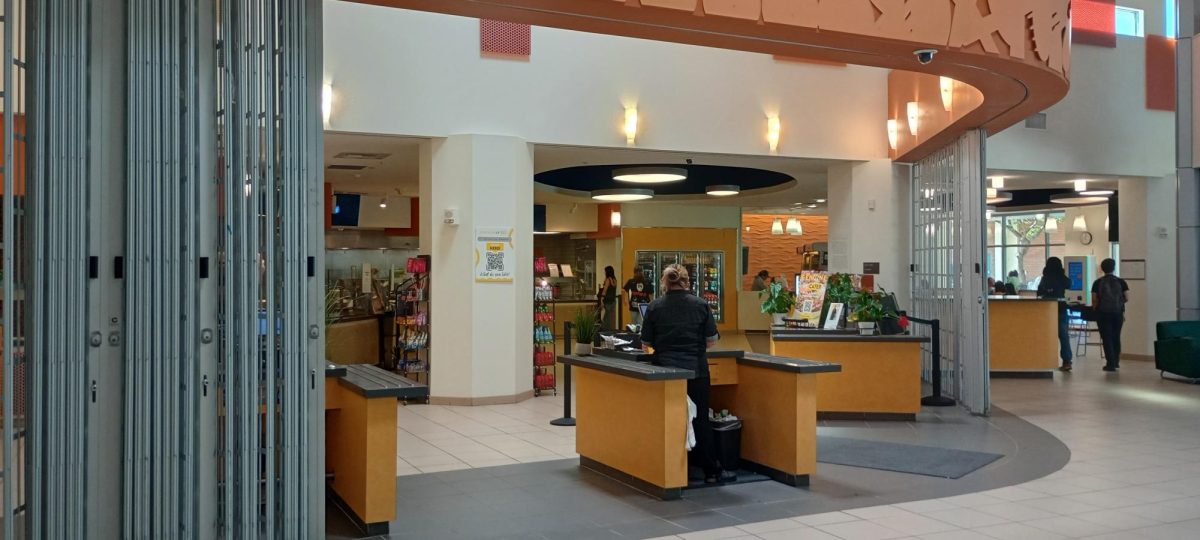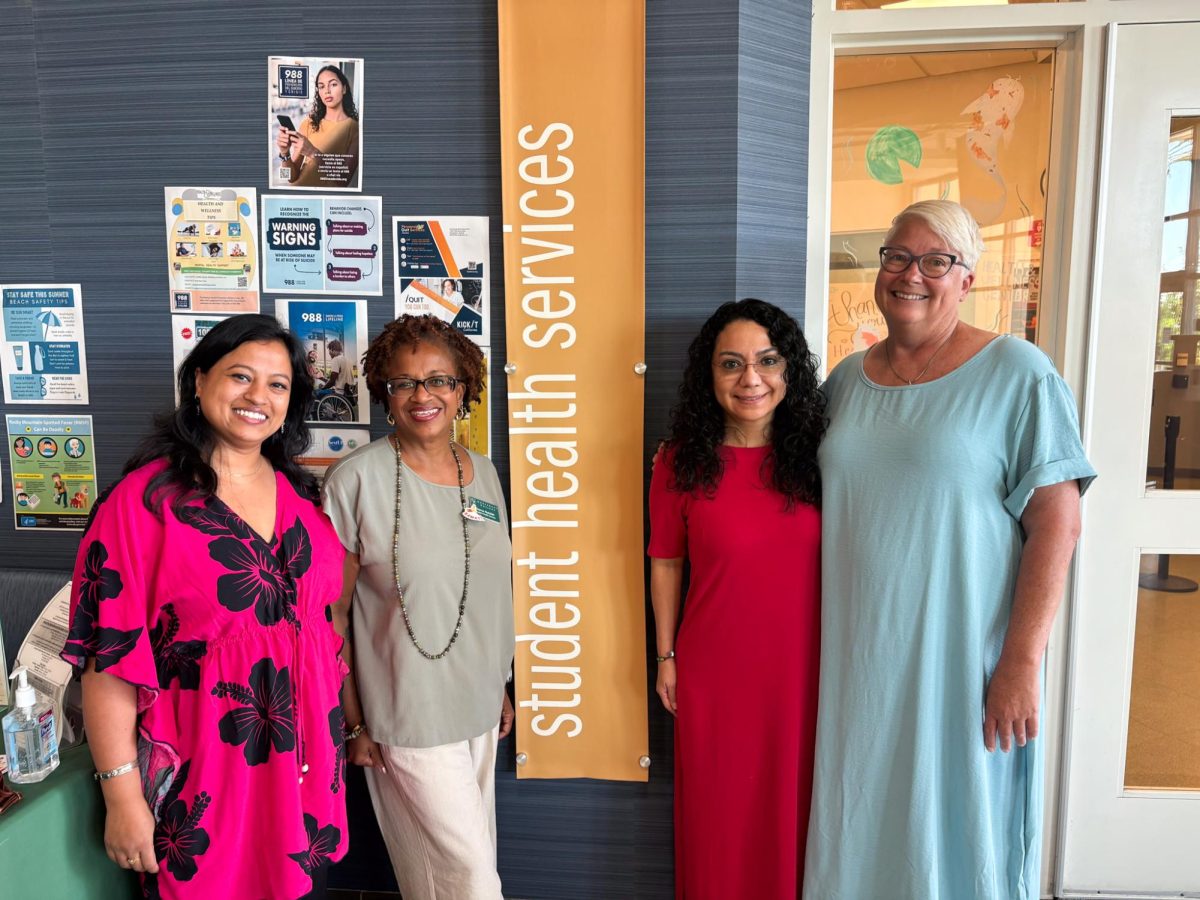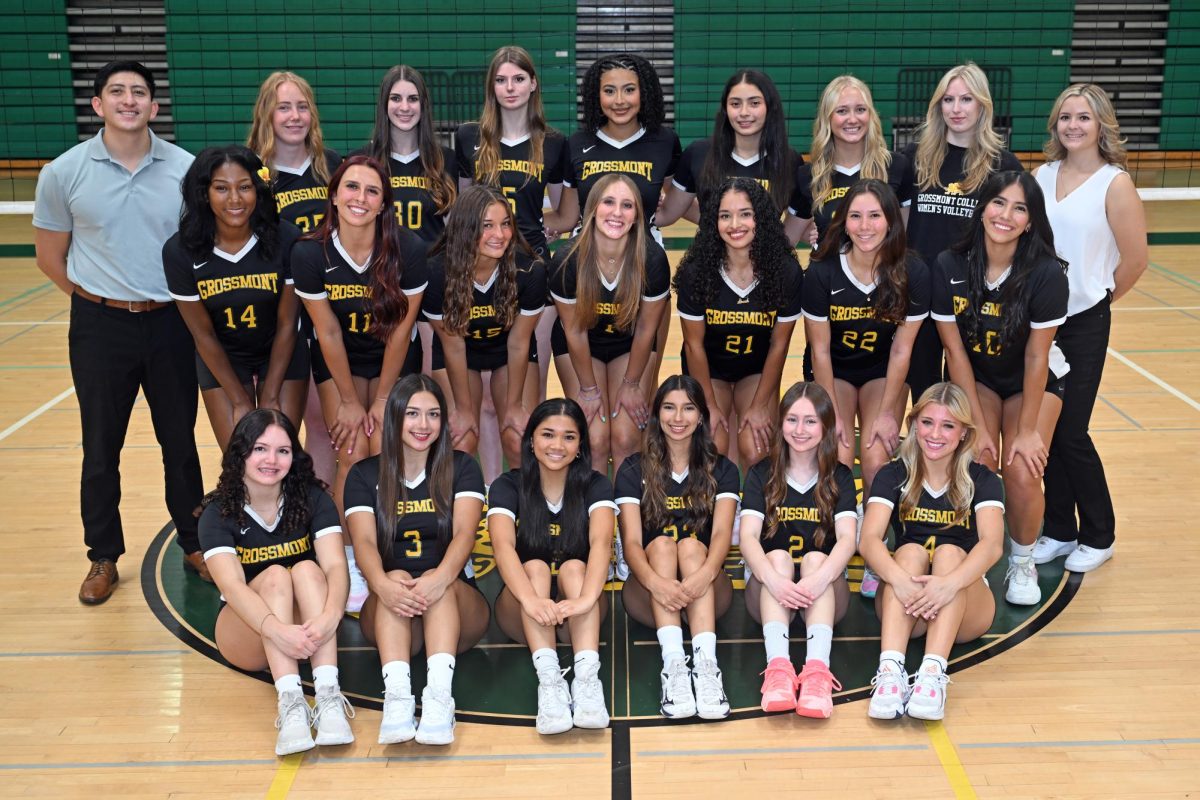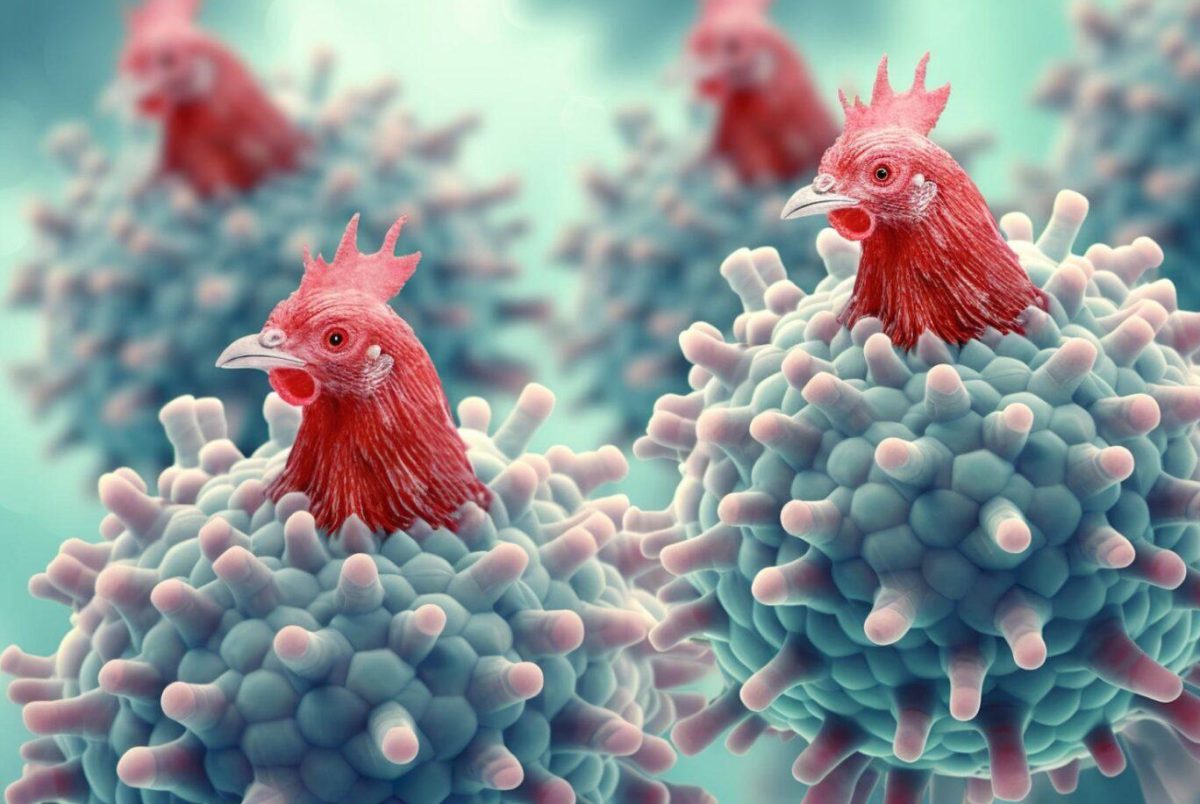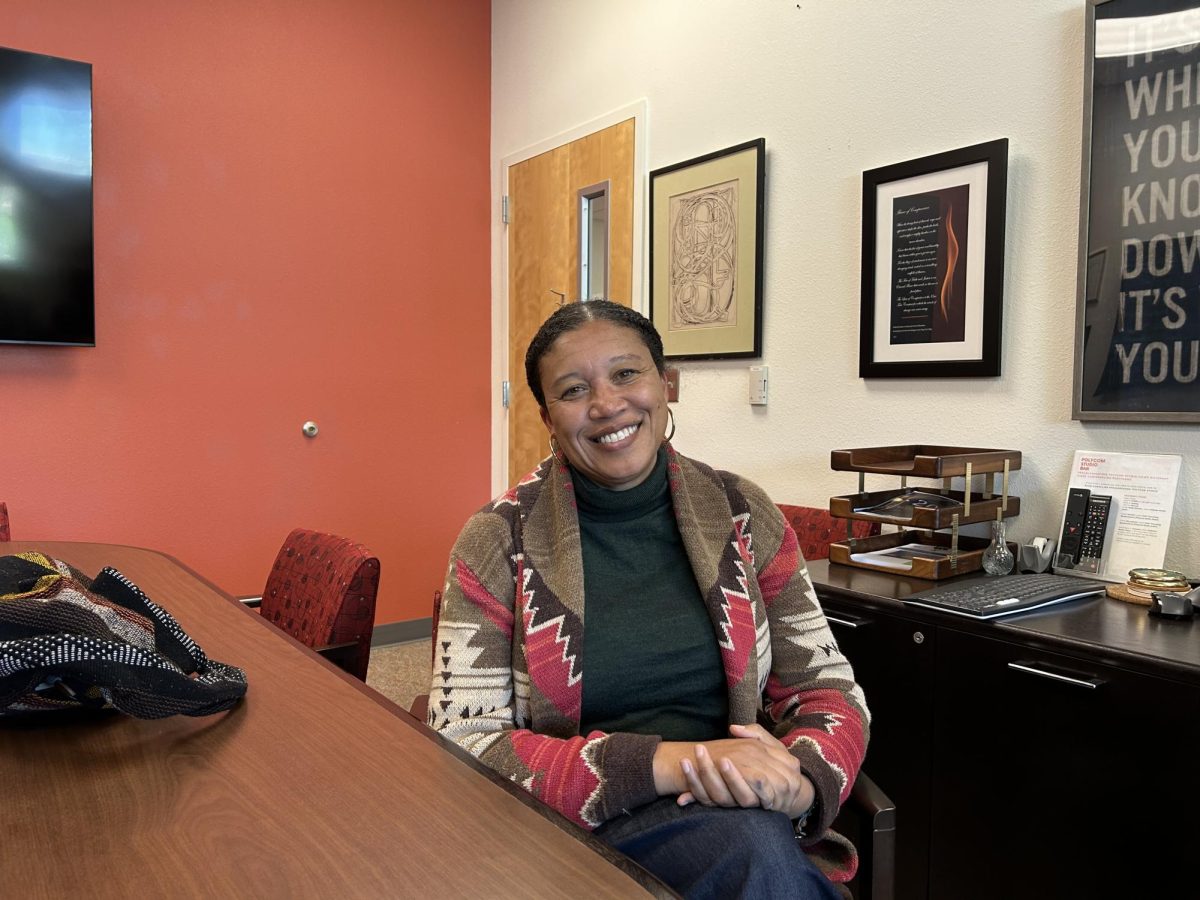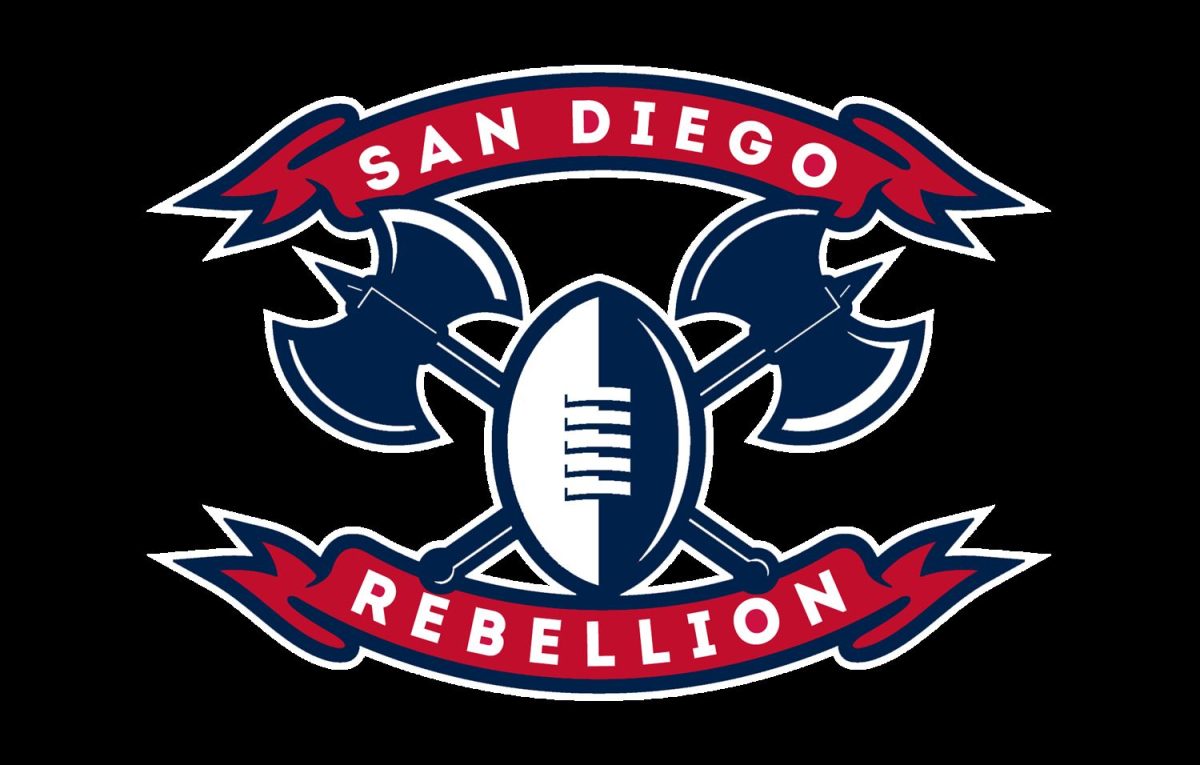Marine biology programs are facing a decline across Southern California, with dwindling student interest and shifts in funding impacting course availability. While some institutions have entirely phased out their marine biology offerings, others, like Grossmont College, are striving to maintain the discipline despite these challenges.
Grossmont College does not offer an official marine biology program or major, according to part-time marine biologist instructor Terhea Williams-Patocka. “You can’t major in marine biology here,” said the instructor, who goes by “Williams” in the classroom.
Williams explained that her primary goal in class is to foster curiosity. “Really, what I try to do in my class is create a space for students to ask questions about different aspects of marine biology,” she added.
The instructor noted that while Grossmont’s marine biology course has a long history, the absence of a formal program reflects broader educational trends. “Twenty years ago, there were a lot more students interested in taking marine biology,” Williams said. “San Diego City College used to offer it, but they stopped based on student interest. Not enough students signed up.”
Such a decline in marine education is particularly concerning given the escalating challenges facing the world’s oceans.
Learning about marine ecosystems is increasingly vital as oceans face numerous threats, playing a foundational role in sustaining life on Earth. These vast aquatic environments produce over half the world’s oxygen, regulate global climate patterns by absorbing heat and carbon dioxide, and serve as a critical food source for billions of people worldwide.
Marine biodiversity, from microscopic plankton to formidable orcas, underpins these essential services. However, human activities such as pollution, overfishing, habitat destruction and climate change are pushing these delicate systems to their breaking point.
Despite these significant challenges, Grossmont remains one of the few community colleges in the region still offering a marine biology course. Williams expressed appreciation for this, saying Grossmont students value learning about the ocean and conservation.
Education on marine ecosystems empowers individuals to grasp the consequences of environmental degradation and encourages participation in conservation efforts, from local beach cleanups to advocating for policy changes.
The question then becomes how to effectively spark student interest in essentially understanding marine biology and inspire action. For many, including Grossmont student Rahman Hamard, the answer lies in direct, hands-on learning.
Hamard, who developed an interest in marine biology after taking Williams’ class, echoed the sentiment about fostering passion through engagement. Hamard said he initially just wanted to learn more about science but found a profound connection to the ocean.
“I enjoyed learning about sea animals, how the ocean works and how everything is connected,” Hamard noted. “My teacher was very excited about the subject, and that made me more interested.”
To help reignite students’ passion for marine biology, Hamard suggested incorporating more real-world experiences and opportunities to hear from ocean professionals.
Williams also emphasized the importance of fostering student enthusiasm through hands-on learning. “I believe in hands-on kind of experiences. I don’t want to just be talking to you,” she said.
Students often develop a deeper appreciation for the subject when they can interact directly with marine ecosystems. This approach can involve everything from detailed lab work with specimens and dissecting marine organisms to analyzing water samples collected from local coastal environments.
Understanding marine biology is crucial to grasping the environmental threats, from rising sea levels to plastic accumulation and species endangerment, which highlights the critical need for new generations of marine scientists and conservationists. The field, far from being a niche academic pursuit, is at the forefront of global ecological challenges.
“We know more about our galaxy than our own planet’s oceans,” former Grossmont student Bill Calhoun observed. “Our galaxy is pretty inhospitable, so it begs the question: Why do we understand it more than our own seas?”
The perceived decline in marine biology interest often stems from several factors. “People tend to gravitate toward fields with more immediately obvious career paths,” Calhoun said, adding that many students lack early exposure to marine sciences in K-12 education, which can lead them to college unaware of the ocean’s vast complexities and the diverse career opportunities within the field.
Despite the challenges, Williams expressed optimism about the future of marine biology education. “I’m actually really excited for the future,” Williams said. “I can see more courses being offered and more interest in the department to do stuff with it.”
This forward-looking perspective aligns with a broader societal push for environmental sustainability and a growing understanding of the ocean’s vital role in global climate regulation.
Williams emphasized the unique opportunities that marine biology offers. “If nothing else, you can always say that in marine biology, you get the chance to work in some of the most beautiful places on the planet,” she said.
The instructor concluded by expressing her commitment to providing a valuable learning experience. “I’m gonna try to do my job as best I know how,” Williams said. “I hope it’s everything you think it’s gonna be.”


